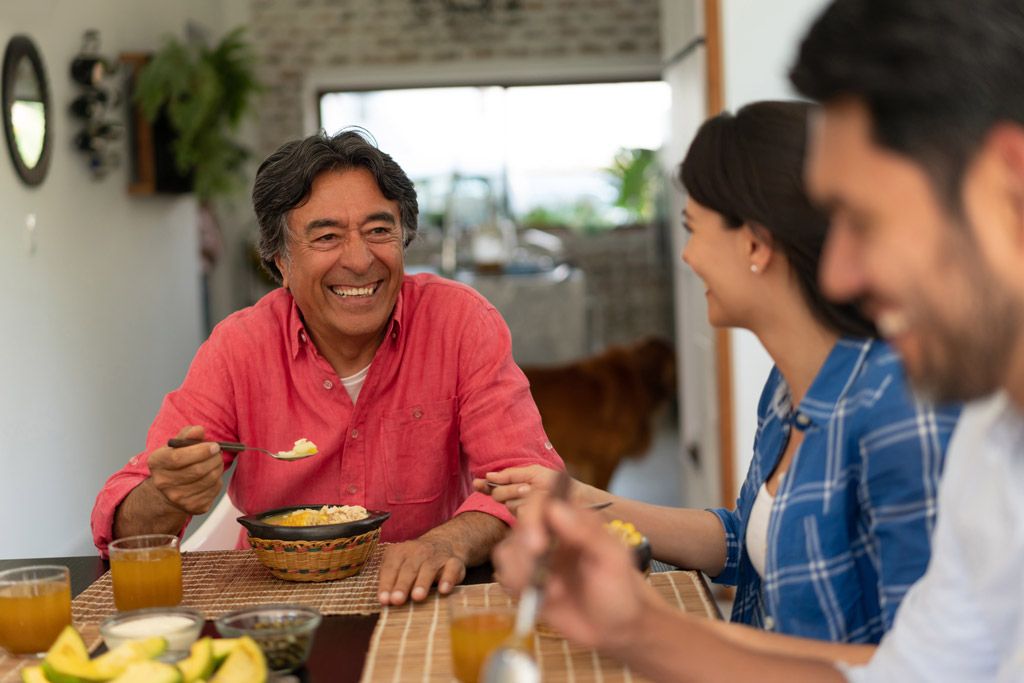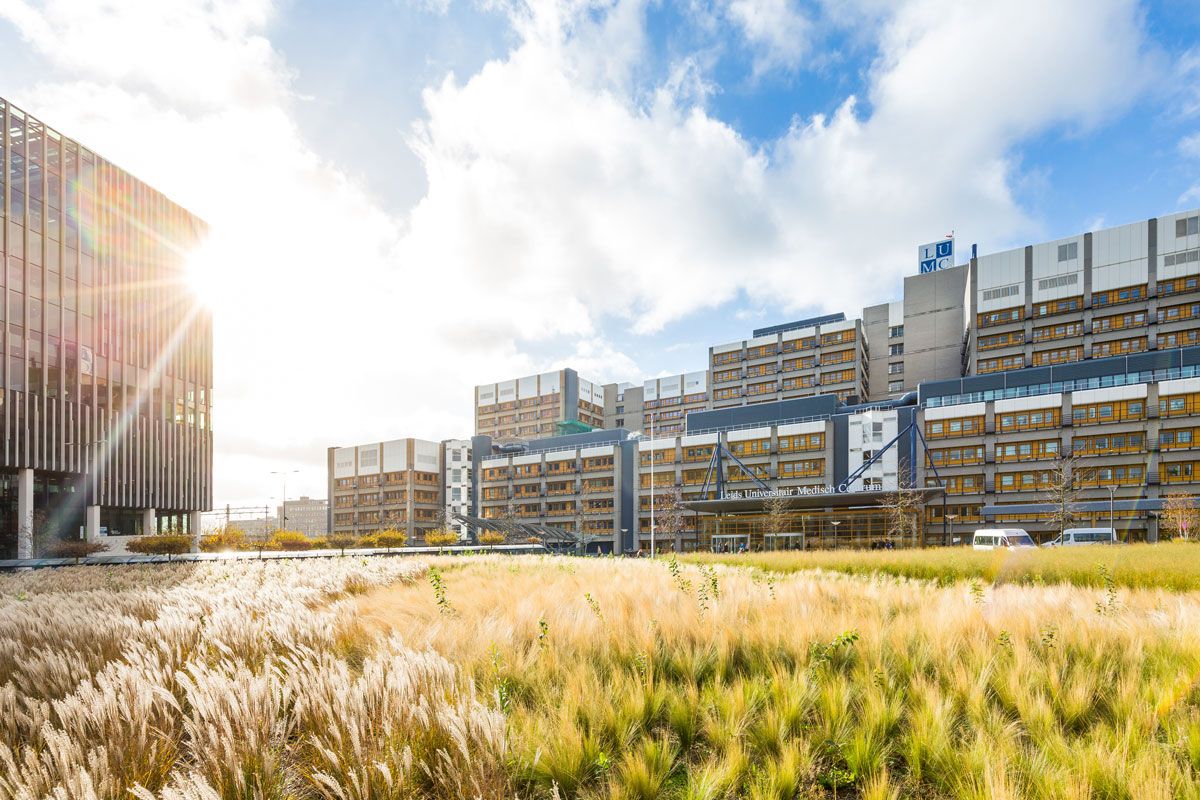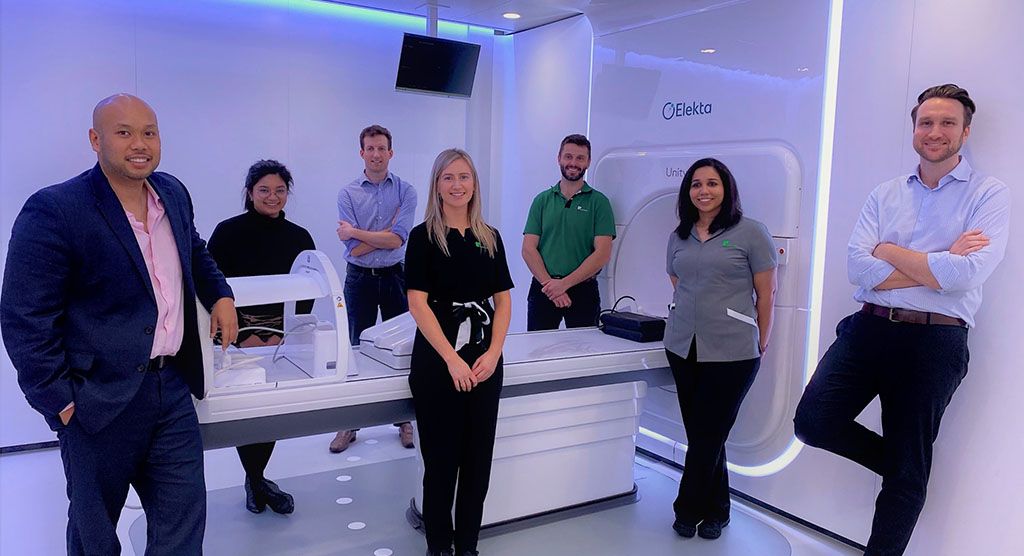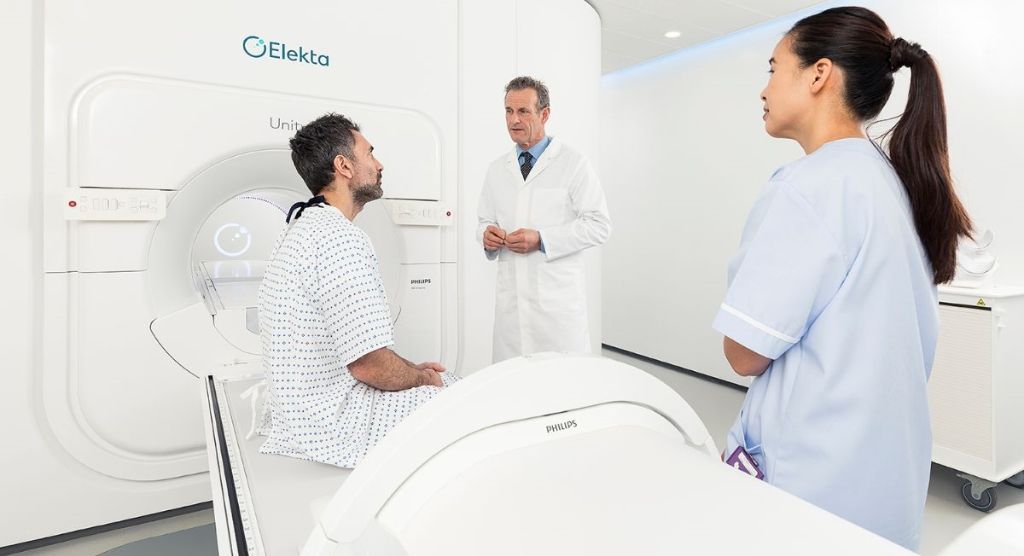Paying it forward in Papua New Guinea
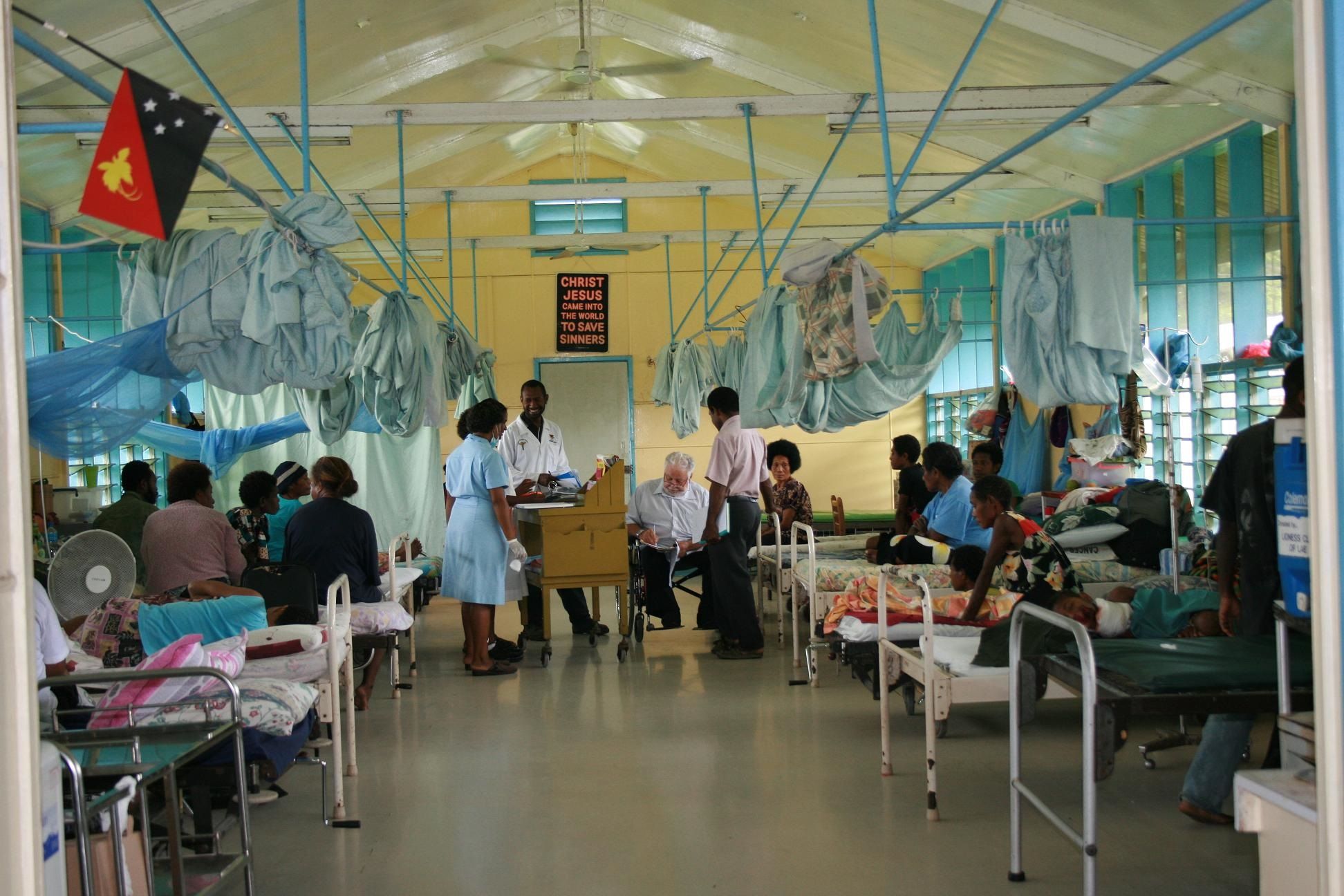
Alfred Health’s Catherine “Cath” Beaufort reflects on radiotherapy volunteer work in underserved country

A decade’s worth of trips between her position at Melbourne’s Alfred Health Radiation Oncology and ANGAU Hospital’s National Cancer Treatment Centre (Lae, Papua New Guinea [PNG]) has given Catherine “Cath” Beaufort a keen understanding of PNG’s people and their healthcare challenges. Cancer management, in particular, is plagued by a lack of advanced technology and training, combined with cultural practices and views that contribute to cancer incidence and hinder optimal cancer screening and treatment. She felt compelled to help in any way she could, so she volunteered.
“I was raised to understand how fortunate we are in Australia to have an excellent healthcare system – I believe everyone deserves the right to healthcare,” says Beaufort, a licensed Radiation Therapist (RT) and Operations Manager at Alfred Health Radiation Oncology. “I come from a very community-minded family as well, which always volunteered somewhere in the community. I also have a sense of adventure. I love travelling and exploring new places.”
“I believe everyone deserves the right to healthcare.”
Beaufort had several missions that required her expertise, including establishing – at Lae’s University of Technology (Unitech) PNG – a Bachelor of Science in Radiation Therapy degree program to train more RTs; organizing the cancer center’s policies and protocols; teaching RTs new techniques; and ramping up the brachytherapy program.
Papua New Guinea healthcare challenges
The conditions when she first traveled to PNG in 2011 were less than ideal. “The hospital was in a state of disrepair, such that it was essentially falling down,” she recalls. “The roads around Lae were dreadful – the potholes were so enormous they could swallow whole cars [see photo]. That made it really hard getting around, because it rains all the time in Lae.”

The facilities and environs of Lae were the least of the difficulties. Home to approximately nine million inhabitants, PNG has among the world’s highest rates of cervical cancer, typically diagnosed at advanced stages; patients often presented with fistulas. The country’s HPV vaccination program started up only during the last two years.
“There’s a very poor culture of getting pap smears and even physical examinations, due to a shyness around health issues associated with gynecological areas,” she observes. “They do have women’s wellness centers and they’re encouraging women to get checked for breast cancer among other screenings, but the programs have not really taken off.”
“There’s a very poor culture of getting pap smears and even physical examinations, due to a shyness around health issues associated with gynecological areas.”
Head-and-neck cancers are also a significant problem, due, putatively, to the chewing of the highly addictive betel nut. Known locally as buai, it is consumed with a mustard stick dipped in powdered lime.
“People chew buai in the side of their mouth, and often in the same place,” Beaufort says. “They say chewing buai causes a head-and-neck cancer in just five years.”

Tuberculosis, malaria and HIV are also widespread in PNG.
Compounding these health concerns, she adds, are a lack of pathology services in PNG that delays results for weeks; equipment installed without service contracts; equipment breakdowns; a country-wide absence of disease registries; and an unreliable power grid that causes frequent electricity outages.
Finally, a reluctance to trust and rely on modern medical practice in favor of traditional healers, was a frequent obstacle. Some buai chewers that developed malignancies would go to a traditional healer first, which predictably resulted in the cancer getting to an advanced stage before patients sought modern medical help.
“Healers are a large part of PNG society,” Beaufort observes. “They believe in witchcraft, which they call senguma, although the Tok Pisin [local language] word for radiotherapy is pawa, which is an effort to create a positive spin on modern medicine. We had several debates with students about their view of the cause of cancer and some of them actually said senguma.”
A focus on capacity building
Before Beaufort went to PNG, she participated in a pre-departure briefing through AusAid and VIDA (Volunteering for International Development from Australia) that focused on capacity building.
“It was really about how do you make things ‘stick,’ so that you set up programs, do your training and teaching, and when you leave, it sticks,” she says. “So, we were looking at implementing things like port films, making blocks and thermoplastic masks and perhaps the use of tattoos.”

A major component of capacity building was establishing the Bachelor of Science in Radiation Therapy program at Unitech.
“We adapted the four-year Queensland University of Technology syllabus with suggested changes, ideally to make it a two-year course, however it got approved with no changes at all,” Beaufort says. “The syllabus included advanced planning, image fusion, CT and MR – each for a whole semester – and PET versus PET-CT. With barely more than plain x-rays as the imaging options in PNG, this was challenging. We rejigged the syllabus and made the subjects in blocks. Alfred Health supported me and a colleague to go to Lae and teach this course many times from 2013 and on.”

An example of the lack of proper training materials in-country could result in receiving unusual items.
“We expected an x-ray phantom as a training aid however, what was ordered was a mannikin-like, gender-adjustable dummy. She became known as ‘Angelina Jolie,’ and turned out to be incredibly useful,” she recalls. “We used the phantom for manual contours and landmarking and we transferred her between Unitech and the Cancer Centre. We also used what was called the ‘Iron Maiden’ [see photo] for pelvis manual contouring, which was a sort of dot-to-dot arrangement.”
An unforgettable experience
Although Melbourne and Lae are in the same general geographical region, Beaufort says her immersion in PNG culture changed who she is and how she sees the world.
“I’m more grateful for what I have and that makes me happy to try to help these people in need. My recommendation to anyone would be to step outside your comfort zone… and do something for someone else who needs help.”
“There are so many differences, but just as intriguing are the similarities sometimes – we’re all just people who share this Earth,” she says. “I’m more grateful for what I have and that makes me happy to try to help these people in need. My recommendation to anyone would be to step outside your comfort zone, and you don’t even need to go to a developing country, or even leave your own state – which we can’t right now anyway during Covid times – just do something for someone else who needs help.”
“Papua New Guinea and Alfred Health Radiation Oncology have both been long-term Elekta technology users… It has been a pleasure to work with Cath throughout her inspiring journey.”
“Papua New Guinea and Alfred Health Radiation Oncology have both been long-term Elekta technology users,” adds Kirsten Bell, Elekta Brachytherapy Product Specialist. “Cath has been an integral part of the success of both services. It has been a pleasure to work with Cath throughout her inspiring journey.”
